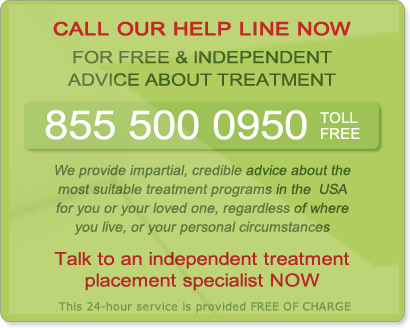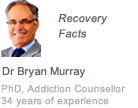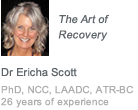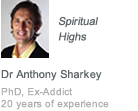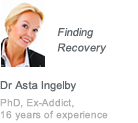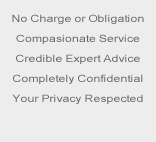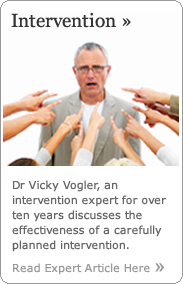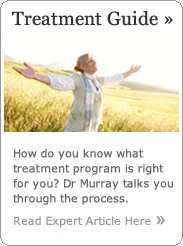Prescription Addiction
The danger of prescription addiction is vastly underestimated. The fact that some drugs are sold legally and/or prescribed by doctors to treat recognized conditions makes people relax and fall into the trap of thinking that these drugs are not dangerous so no caution is needed when using them, legally or illegally. So users and their family, friends, colleagues or loved ones can easily miss the point that an addiction starts to develop. Addiction to prescription drugs can be more dangerous than addiction to illegal, street drugs, and we need to understand why.
Prescription addiction is easy to develop
The main danger of prescription drugs is their availability. People do not need to contact shady people in bad neighborhoods to get the pills. Think of it as of a disguise: legitimacy, availability and real need all make prescription medications with addictive properties look safe. They are prescribed by a doctor and bought in a pharmacy – so how bad can they be?
A patient might fail to recognize a developing addiction until it is too late – addiction to prescription drugs can be developed quite quickly; regular intakes followed by increasing dose frequency and amounts may cause devastating, irreparable damage to the mind and body.
When someone develops a prescription addiction the craved pills can be found in the medicine cabinets of friends or relatives, and are easy to obtain this way. If a prescription drug addict no longer has the medical condition that prescriptions were originally given for they can fake the symptoms and get repeat prescriptions. As the addiction grows addicts can visit multiple doctors to get more prescriptions so they can self-medicate to the level the addiction demands.
Contra-indications between addictive medications
Many medicines and medications are contra-indicated. This means that if taken at the same time medicines can interact and cause other side-effects, problems and at times these can be life-threatening. One of the dangers for those suffering from an addiction is that the need to get another dose will interfere with logical thought processes, so that, for example, although an individual may be perfectly well aware that because they take a blood-thinning medication such as warfarin, they should not under any circumstances take another medication that contains aspirin. The two medications will interact and severe internal bleeding, perhaps hemorrhaging can occur.
Many addictive prescription drugs, including a variety of sedatives, analgesics and stimulants can interact with vitamins and some herbal medicines and alcohol.
Prescription addiction and elderly patients
Senior members of our society have more disorders than younger people – it is just a consequence of age. They are of course, given more medications to address the conditions they develop. Age also brings changes in sleeping patterns that can be distressing, so again more prescriptions for these problems are dispensed to the elders in our demanding world. Older people can find it hard to deal with grief, they may be badly affected when a spouse passes away – so many situations are harder for the elderly. Few doctors will hesitate to prescribe something to help our elders through difficult times. But precisely because their bodies are not as youthful and resilient as they once were, and particularly if live alone and are quite isolated, these vulnerable people are at greater risk of developing an addiction. It is unlikely that elderly people will go searching for illegal drugs, but they can easily get legal prescriptions for real conditions, and the medications can damage their health further.
Another odd twist to the prescription addiction nightmare is those elderly people who are struggling to make ends meet and discover that that old bottle of sleeping tablets has a value – they can sell the tablets and maybe make their lives a little more comfortable. So then they can go back to the doctor and get a repeat prescription, sell those and do it again and again.
The manner of prescription addiction development
Addiction to prescription drugs develops in the same way as to any other drug, legal or illicit, prescribed or bought on the street. The human body will develop a tolerance to the drug, so more will be needed to achieve the same result. Psychological dependence might be a factor – the ritual of taking a drug can have an almost placebo effect, so that the individual feels it is not possible to concentrate or cope without taking the drug. Tolerance continues the psychological prop that taking medication gives becomes more and more important. As medication builds up in the body and brain functions are altered, hormones are not produced without a prompt from the medication. Missing a dose can start withdrawal symptoms. The addiction cycle is complete.
By now, even if an addict recognizes that there is a problem, they may not be able to address it.
Treating prescription addiction
The best way to deal with prescription addiction, as with any addiction, is to seek professional help. A rehab center is often a good choice as, if it is necessary to wean an addict away from a prescription drug, their progress and the pains of withdrawal can be managed and controlled. Once the addiction is no longer the single driver in an addict’s life other treatment therapies can be put in place to support the addict on their return to independent living.
Most prescription addictions need a gentle reduction of the drug dose to allow the body to cope with withdrawal. Sudden or abrupt cessation of the drug can be dangerous, particularly for older addicts or those with other medical conditions. Holistic rehab looks at everything in an individual’s life, the circumstances, the person, life-style, hidden anxieties and traumas, medical conditions, emotional concerns. Holistic treatment is designed to address the whole person, not just to deal with the pressing and immediate problems that the addiction presents. This is an excellent model for the treatment of prescription addiction as part of the program will provide new skills, new pastimes that will introduce the addict to a refreshed and active life when they are ready to return and enjoy an addiction free independent life.
Prescription addiction is an insidious, creeping social problem that we ignore at our peril. It damages the health of the addicts, their lives and the lives of their families. It is not something reserved for celebrities, or a problem that only touches the wealthy; addiction of any and all kinds needs sensitive, non-judgmental and effective treatment. If you suspect that someone close has a problem do something to help, ask if there is something wrong, drop in on an elderly neighbor or relative. Call the doctor and ask for help. But do not delay, do it today and maybe you will save a life.


